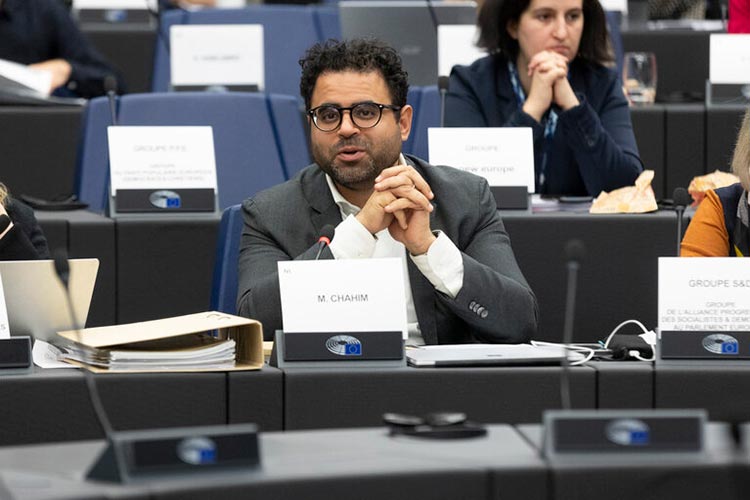The European Union reached a political agreement on the introduction of customs duties on the import of goods such as steel and cement, during the production of which a significant amount of carbon dioxide is emitted.
It is the first agreement of its kind in the world, which aims to support European industries on the path to decarbonisation.
Negotiators from EU countries and members of the European Parliament reached an agreement in Brussels on the law for the introduction of customs duties on CO2 emissions when importing iron and steel, cement, fertilizers, aluminum and electricity.
Companies importing these goods into the EU will have to purchase certificates to cover the CO2 emissions generated during production.
Mohamed Chahim, the European Parliament’s lead negotiator on this law, believes that this tariff will be crucial to the EU’s efforts to combat climate change.

“It is the only mechanism we have to encourage our trading partners to decarbonize their manufacturing industry,” said Chahim.
The purpose of the levy is to prevent the undermining of European industry by importing cheaper goods produced in countries with lax environmental regulations. It will also be applied to imported hydrogen, which was not included in the initial EU proposal, and which EU legislators fought for in the negotiations.
Details of the law, including the date it will come into effect, will be determined later this week.
Currently, the EU gives domestic industry free CO2 permits to protect it from foreign competition, but plans to phase out the free permits with a gradual introduction of a CO2 tariff, to comply with World Trade Organization rules.
Brussels says that certain countries could be exempted if they have climate policies equivalent to the EU’s, while it says that the United States could avoid the levy on this basis.
The EU plan has drawn criticism from some countries, including China, and comes at a time of heightened trade tensions between Brussels and Washington over US subsidies for green technologies under the anti-inflation law, which the EU says could hurt European firms.